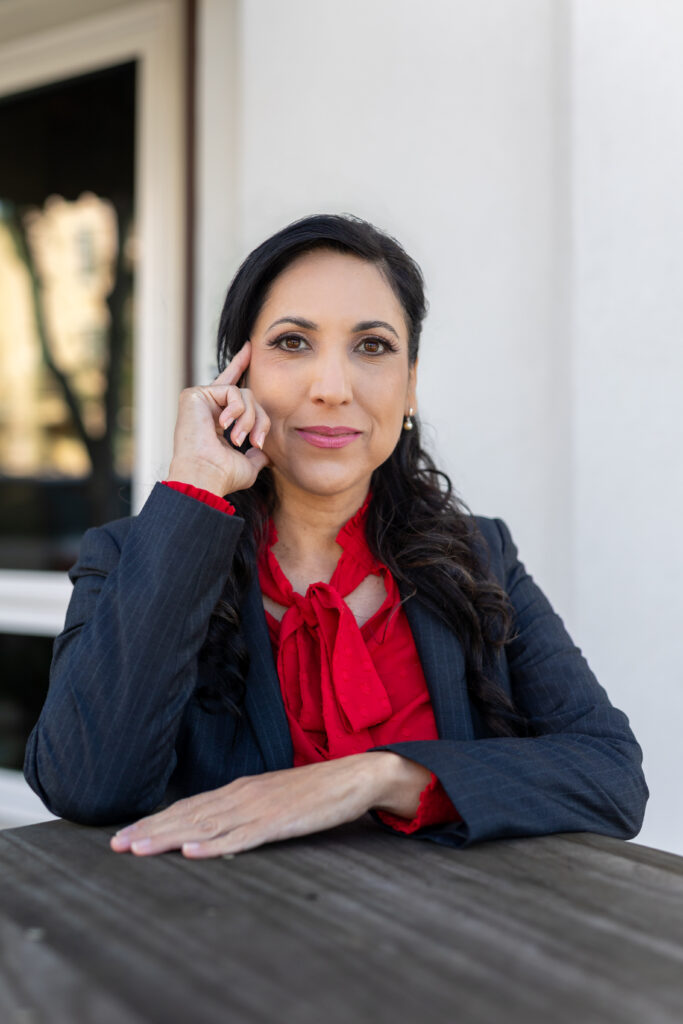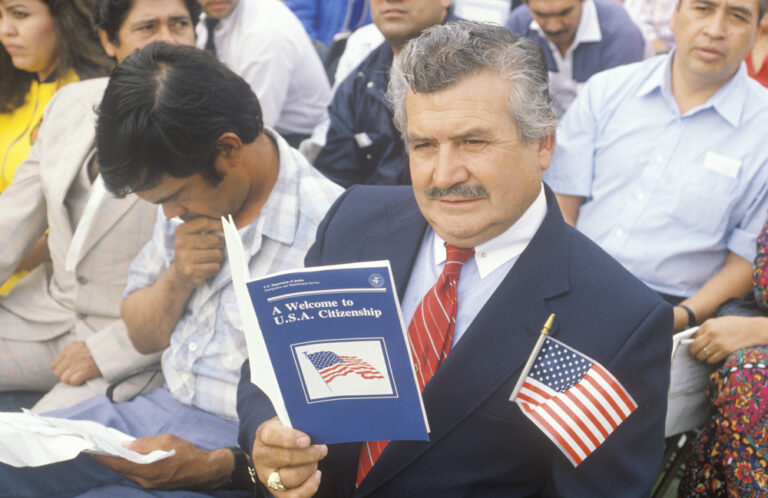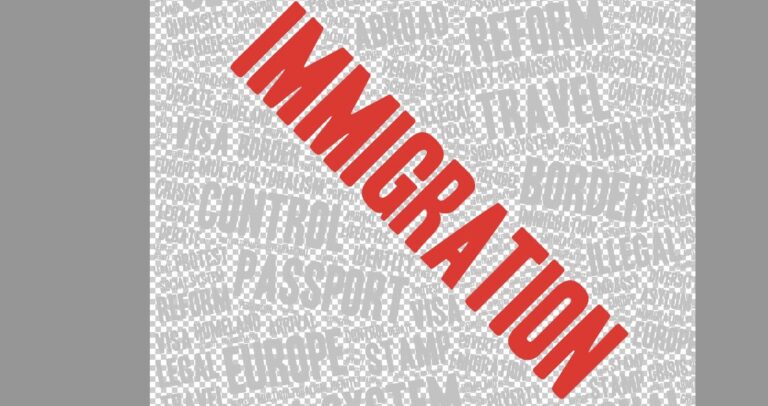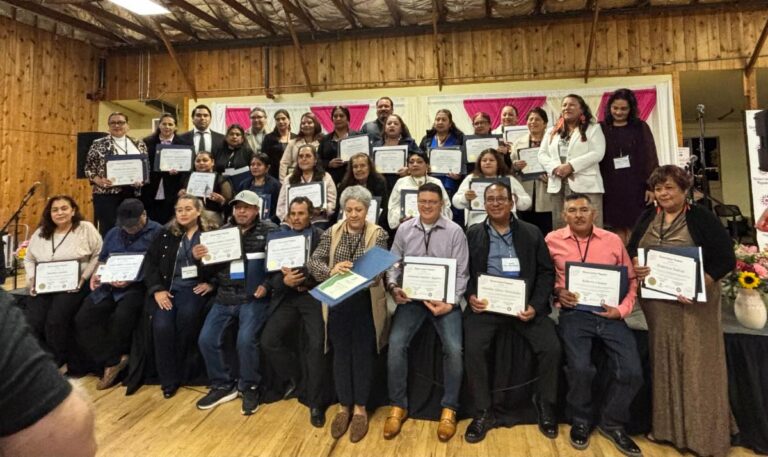By NCI
Von Borstel Legal, APC
760-330-3435
geraldine@vonborstellegal.com
2292 Farady Ave., Carlsbad
Examples of Abuse
Hitting, spitting, sexual abuse, biting, choking
Threatening, intimidating, degrading, blaming, shaming
Economic abuse, denying access to food, education, family, or medical treatment
Social isolation
Threats regarding immigration status, for example, threatening to deport the person
Verbal, emotional, or psychological harassment or jealousy

The Violence Against Women Act (VAWA) is a federal law that protects women victims of violence, including undocumented women, allowing them to obtain permanent residency or permission to work in the United States.
Immigration attorney Geraldine Von Borstel explains that VAWA is a path to permanent residency for wives of US citizens or permanent residents, or for mothers whose US-citizen children over 21 abuse them.
Forgiveness
A wife who suffers domestic abuse can apply for VAWA and have her undocumented entry pardoned. To obtain residency under VAWA, you do not need a waiver that pardons you for entering the country without permission, nor do you have to go through a years-long process at the consulate in your country of origin.
Furthermore, having worked in the United States without permission is not a barrier to obtaining VAWA and permanent residency.
Economic abuse is very common in cases of domestic violence. The great benefit of VAWA is that it doesn’t matter if you were working illegally; you still qualify.
At the same time, if a woman leaves the country for something related to the abuse, under VAWA she doesn’t lose her chance at permanent residence. For example, the attorney explains that often the partner takes the children to Mexico, and “what does a mother do? Obviously, she runs after her children. The last thing on her mind is whether or not they’re going to deport her.” This mother loses her residency status in the United States. Under VAWA, because this departure is related to the abuse, the mother’s departure is excused.
No Trial Involved
“In the Latino community, we have this idea where you confront the person accusing you, the abuser, in front of the judge, and you have to see him, and obviously, that’s very traumatic,” says Von Borstel.
Obtaining VAWA isn’t a trial, she explains. “It’s an administrative process. The program is there to protect them.” VAWA is an anonymous program, and the abuser can’t find out that the woman filed for VAWA unless she tells him.
Furthermore, she explains, “the law won’t require you to get a divorce. If you’re already divorced, you have two years from the divorce decree to apply for VAWA. So, there’s a bit of flexibility. If you manage to reconcile, you won’t be penalized for it.”
Mothers Victims of Abuse
“There is, unfortunately, a lot of abuse in the Hispanic community of citizen children. Also, in the Hispanic community, unfortunately, we have a lot of normalization of abuse,” explains von Borstel.
This abuse is usually economic. For example, a child with US citizenship doesn’t want to pay rent. “I always ask them,” says the attorney, “Is it an option to say no to your child? … You shouldn’t be afraid.”
She reminds us that reporting children for this abuse won’t harm them as it’s not a criminal charge. It simply protects the mother through permanent residency. “Your child won’t even know,” she says. Although a police report helps the case, it’s not necessary. “It’s not uncommon for no report to be filed.”
Advantages of VAWA
Even if you can’t adjust your status to a green card or permanent residency, VAWA can grant you permission to work in the United States. “You no longer have undocumented status,” says Von Borstel. “And once that application is approved, they give you a work permit.” She explains that this situation is safer than being undocumented. “It provides some protection, and most importantly, you can now work legally and have social security.”
Those who don’t qualify for VAWA can apply for a U Visa. In this case, a police report is necessary, and a restraining order isn’t enough. “There doesn’t have to be an arrest or conviction, but a report is required” for a U Visa, she says.
To file a complaint, you can go to the police station; if you’re afraid, you can go to One Safe Place and get protection and help filing.
The attorney adds that VAWA has an advantage over the DACA program. “VAWA is a law that was already passed by Congress. The big problem with DACA is that it’s not a law.”
She adds, “In my opinion, being without status, not being able to work legally, is always going to be a greater risk than if you’re registered under VAWA with a work permit.”
A plan for peace of mind
“No one wants to be deported,” says the attorney, “but it’s very important to have a plan,” especially if you have children. The plan should address what happens to your children and your assets if you are deported. Assets include your home, furniture, cars, bank accounts, and transactions like paying rent.
The plan should designate who has access to your accounts and who can cancel contracts. “When you’re in the detention center, the last thing you want to be worrying about is who’s going to pick up your children from school,” she says. Also, some minors have medical conditions or similar situations.
“It’s very important to have a power of attorney,” says the attorney. A notary can NOT draw it up; it must be done by a lawyer. The document is effective only in the event of deportation, and you can cancel it at any time.
Making a plan, says Von Borstel, “is a way to tell your children, look, I can’t change the situation, what’s happening in the country, but I can tell you that I’m prepared, and if worse comes to worst, you’ll be protected.”
Even for permanent residents, she recommends this plan. “It only goes into effect when the situation come to pass.”



